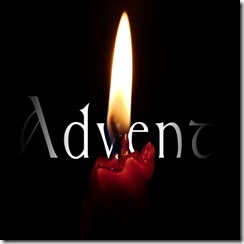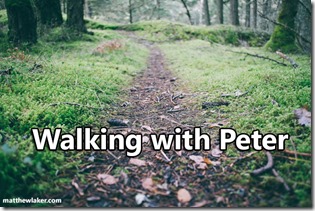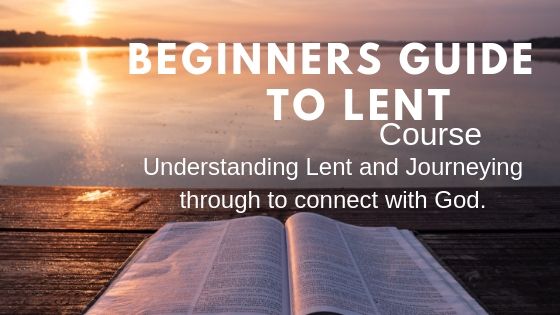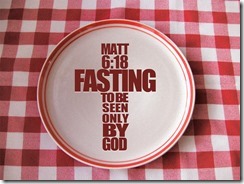 The season of advent “ties our lives to Christians throughout history”( John Feister, the editor of AmericanCatholic.com).
The season of advent “ties our lives to Christians throughout history”( John Feister, the editor of AmericanCatholic.com).
For many, the season of advent is filled with indulgences, distractions and
commercialism that pushes us to rush into Christmas. However, observing this centuries-old Christian practice has the potential to feed us and lead us to a deeper and more fulfilling state.
Advent is a season you will not find in the bible, and for this reason, an argument is sometimes put forth against this tradition. This objection, however, does not undermine the value of this practice to our faith formation and journey with Christ.
The early stages of advent are not well known. It is not until sometime between the 4th and 5th century in Gaul and Spain that “advent” was first seen in its early stages.
During the end of the 400’s there are some sermons that speak of preparation before the birth of Christ.[1] In a sermon from St. Gregory the Great, who was a Pope from 590-604, he speaks of the second Sunday of advent. By 650 in Spain, we see the celebrating of five Sundays. Some have shared it was during the 6th-century that followers of Jesus in Rome started linking the season to the coming of Christ, focusing not on his birth but on the second coming. It is during this time momentum for advent begins to take off[2]. Different regions seemed to work out different practices around this season. Then Pope Gregory (1073-85) takes the celebration from five Sundays to four, the preparation initially not being about Christmas day, but Epiphany.
Epiphany is a celebration found in early January that celebrates the Baptism of Jesus, the miracle at Cana and the visit of the magi. Once again, we see the use of the calendar for the purposes of teaching and making disciples. In many cases, this is used for new Christians to be baptized and welcomed into the church. Like lent people would spend 40 days examining their life and repenting.
Traditionally the Christmas season began Christmas Eve and went for 12 days ending with Epiphany. The time before this was advent, a season of preparation for Christmas. Today, the Eastern Church participates in a fast that is longer and more like lent and the Christmas celebration lasts for three days. In both the eastern and some western Churches there are services held on both Christmas Eve and Christmas day.
During the Middle ages, there was a pagan celebration in December and the church worked to counter and Christianize it, thus further developed advent. Therefore, it became more connected to December. This does not mean that advent is a non-Christian activity. It just means Jesus followers at the time were looking for ways help people turn to Jesus. Thus, the development of a system to help focus on Jesus.
Advent seems to be a tradition that has evolved over time. It is a time calling the church together to fast, celebrate and remember. It has carried themes reflecting on both Christ’s first coming and his second coming. For the moment, there seems to be a strong connection to traditions from the last couple hundred years, but I suspect it will start to adapt again since strong culture shifts are taking place all around us.
[1] (http://www.aquinasandmore.com/catholic-articles/the-history-and-meaning-of-advent/article/173/sort/relevance/productsperpage/12/layout/grid/currentpage/1/keywords/advent
[2] (http://www.canticanova.com/articles/xmas/art1e1.htm) and (http://www.christianitytoday.com/ct/2002/decemberweb-only/12-2-52.0.html)






 Reading the bible can be so hard sometimes. Some really do try to engage it, but struggle. We know that there is a goodness in it, but we struggle. A young lady was struggling in the discipline of reflecting on God`s word in her life and approached the pastor for help. He suggested, “Why not try our small groups?” When they gather, reading scripture is a regular part of the experience. This can be a great step in developing the discipline of bible engagement.
Reading the bible can be so hard sometimes. Some really do try to engage it, but struggle. We know that there is a goodness in it, but we struggle. A young lady was struggling in the discipline of reflecting on God`s word in her life and approached the pastor for help. He suggested, “Why not try our small groups?” When they gather, reading scripture is a regular part of the experience. This can be a great step in developing the discipline of bible engagement.